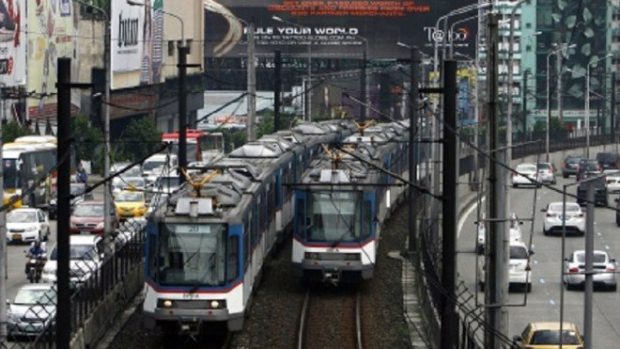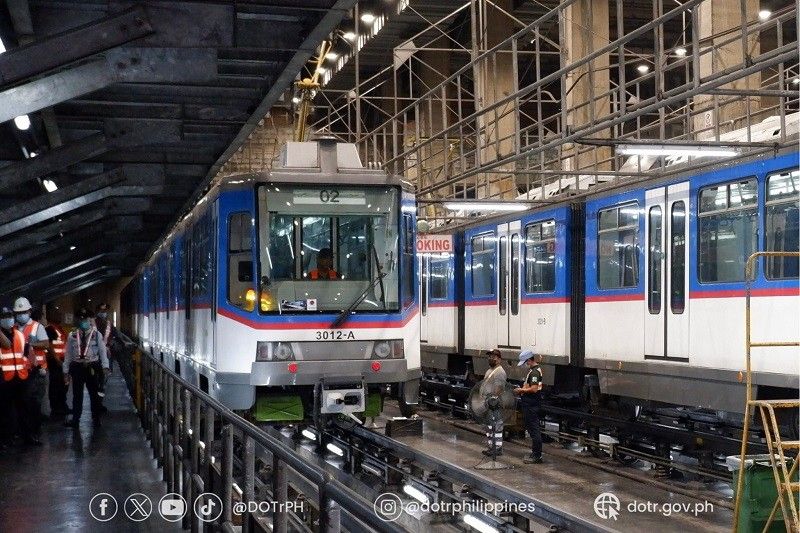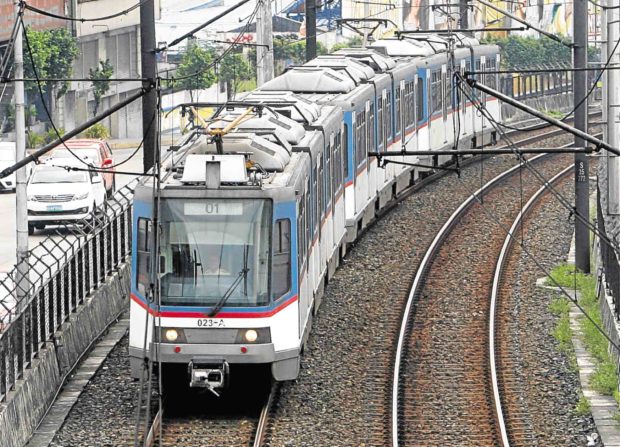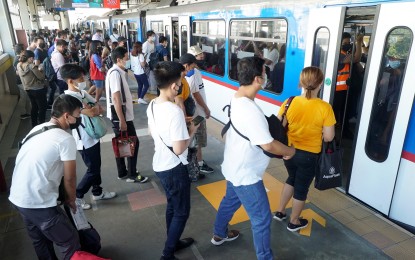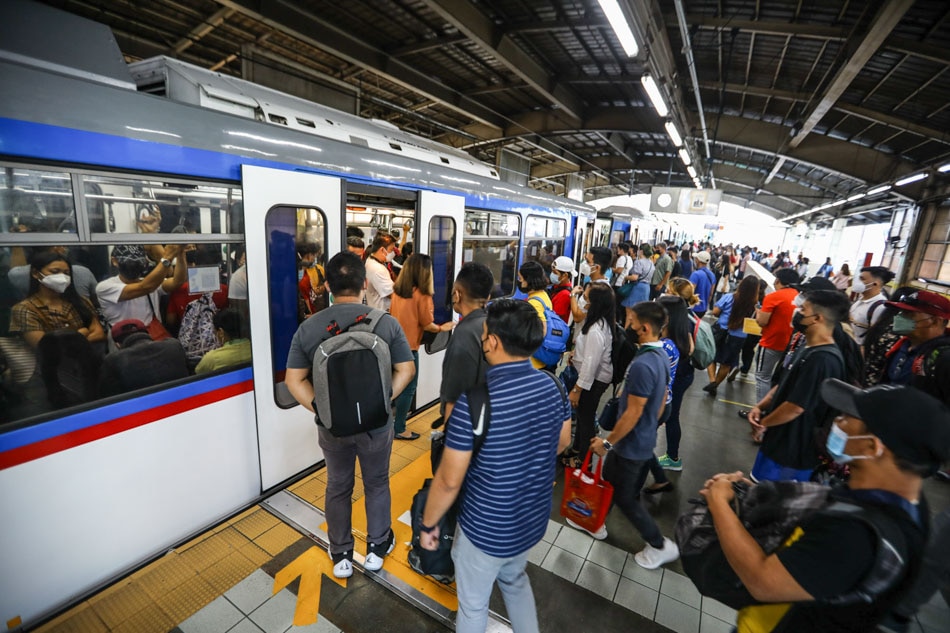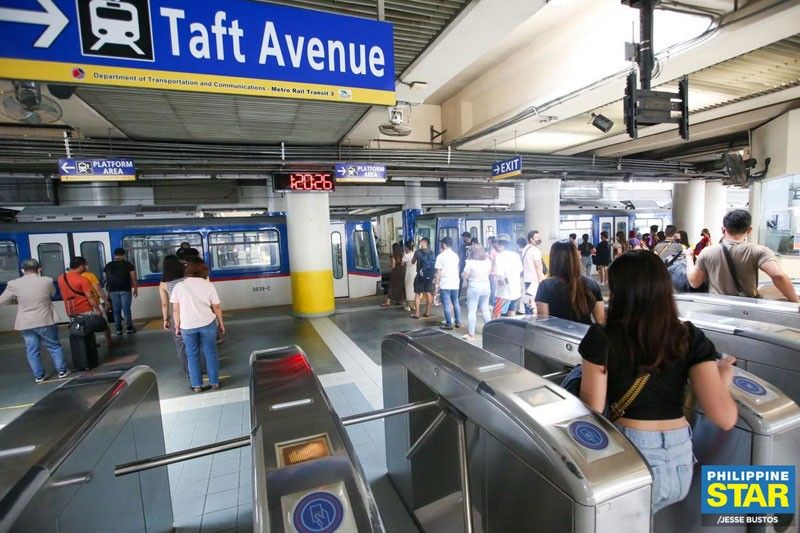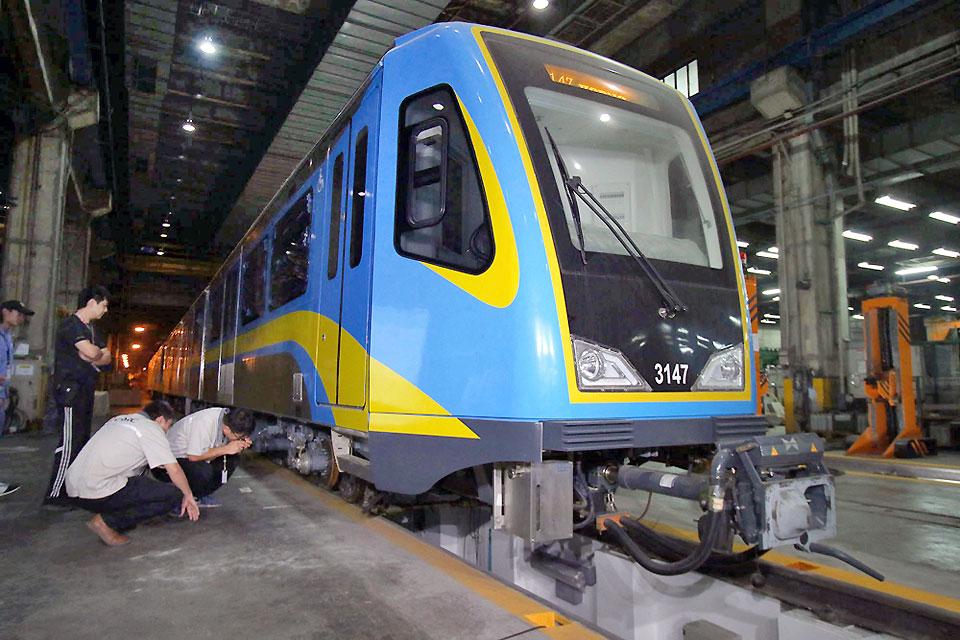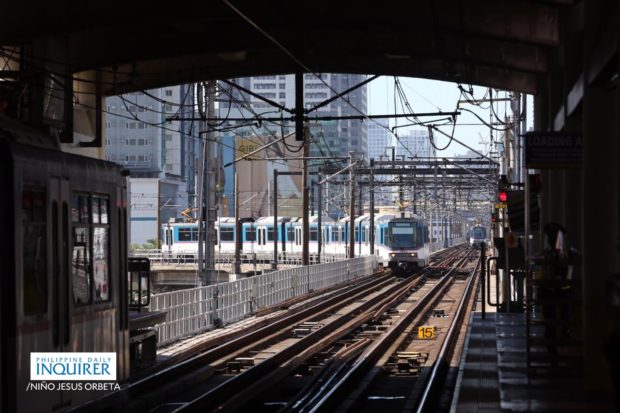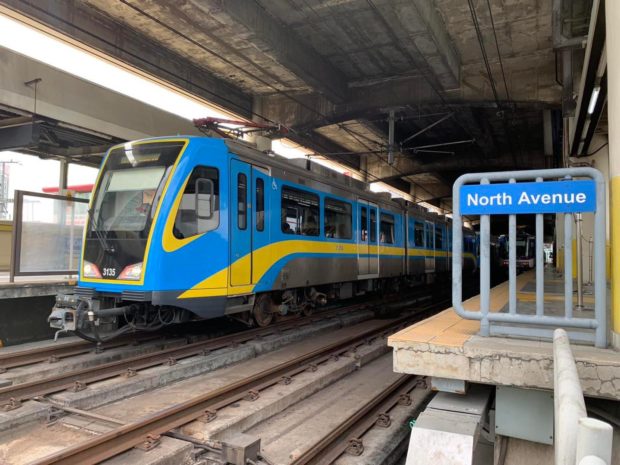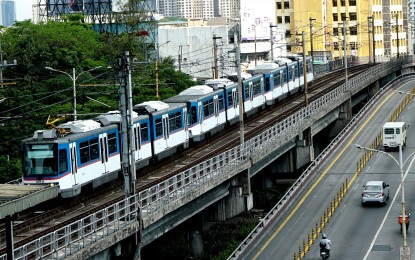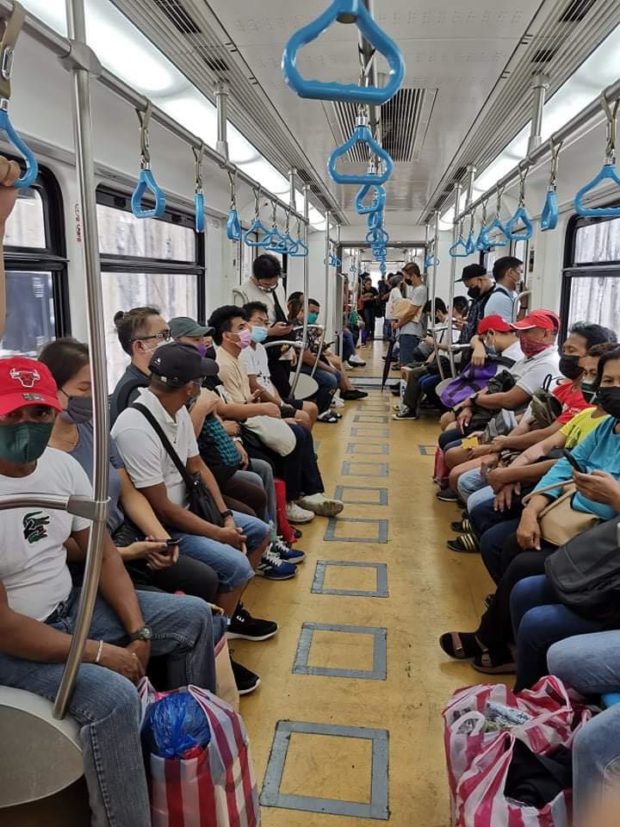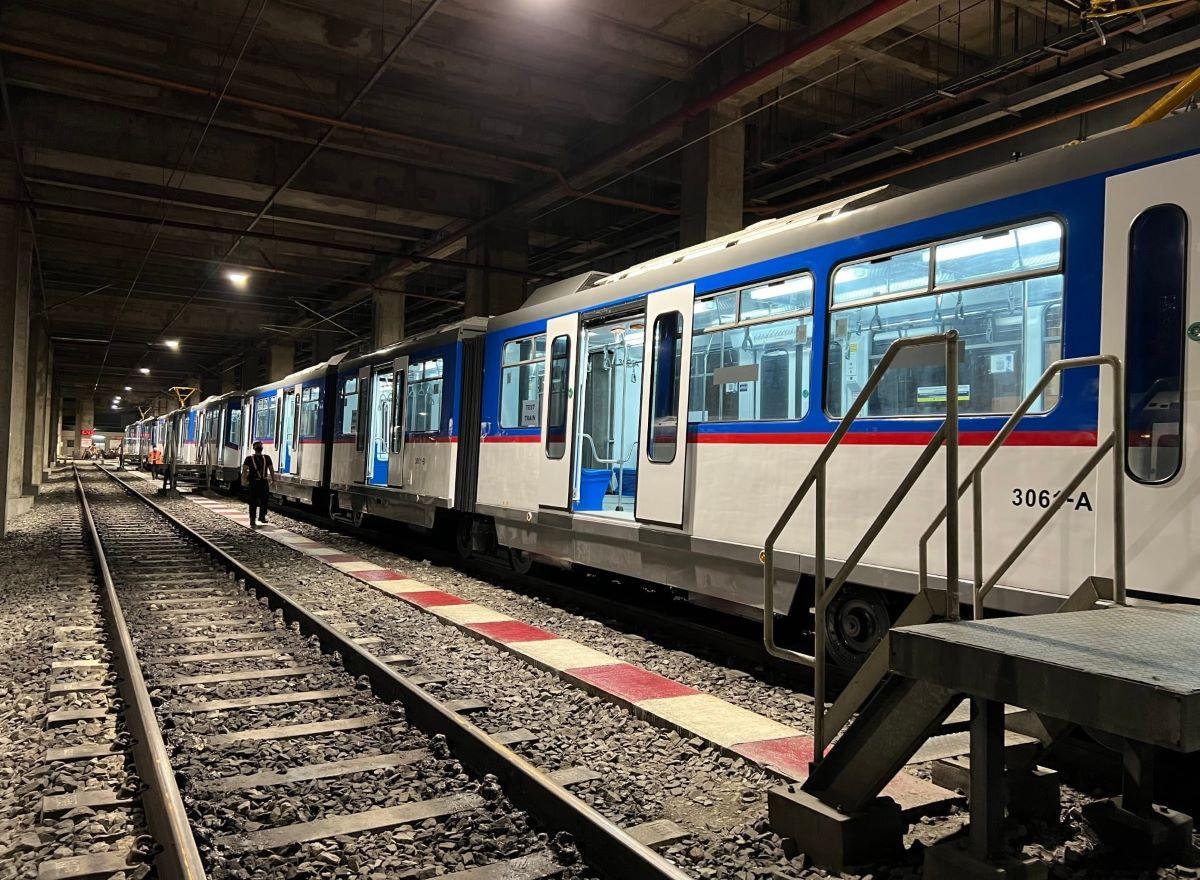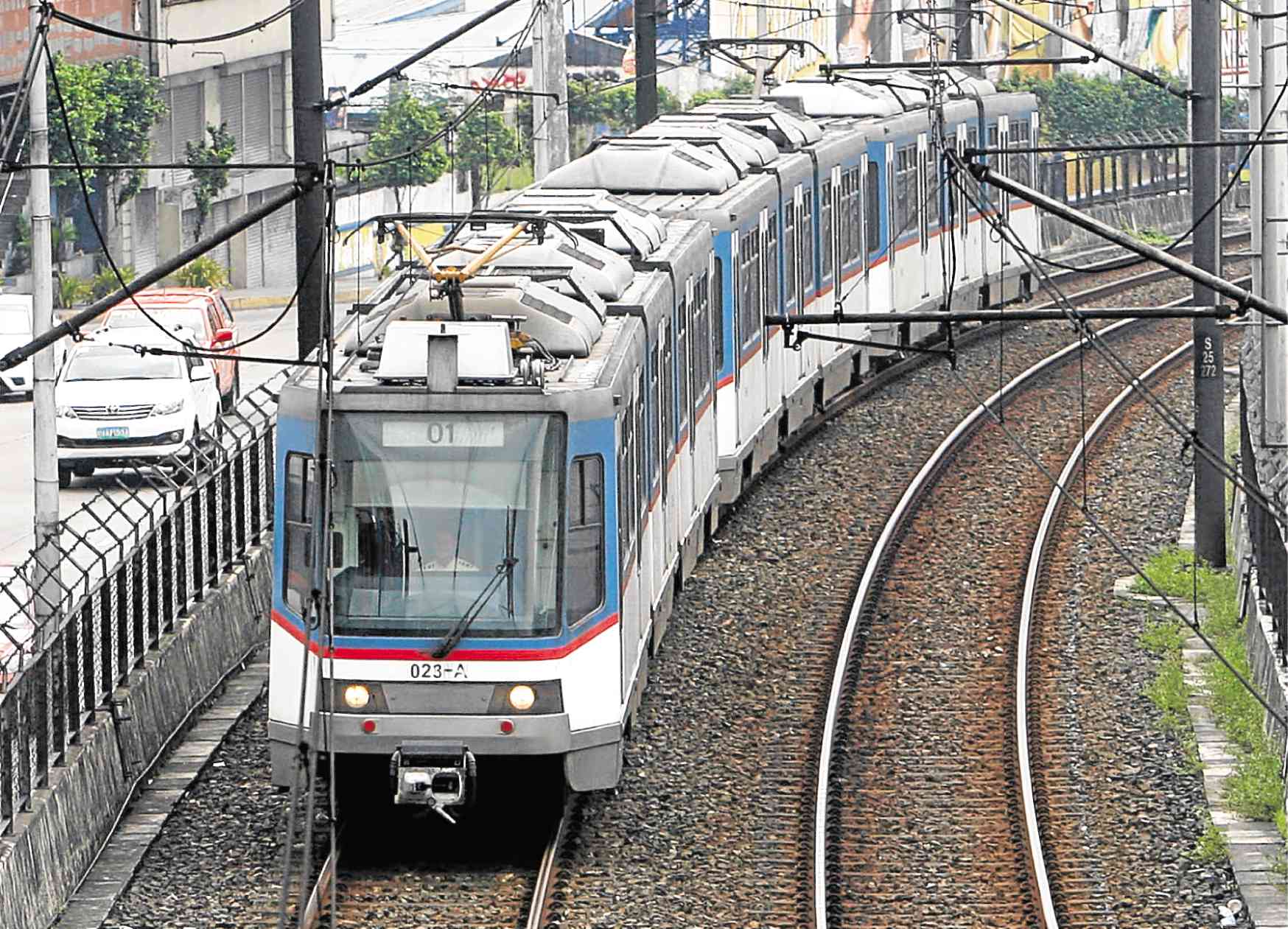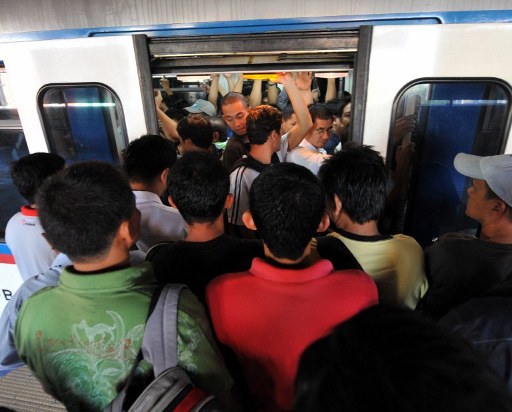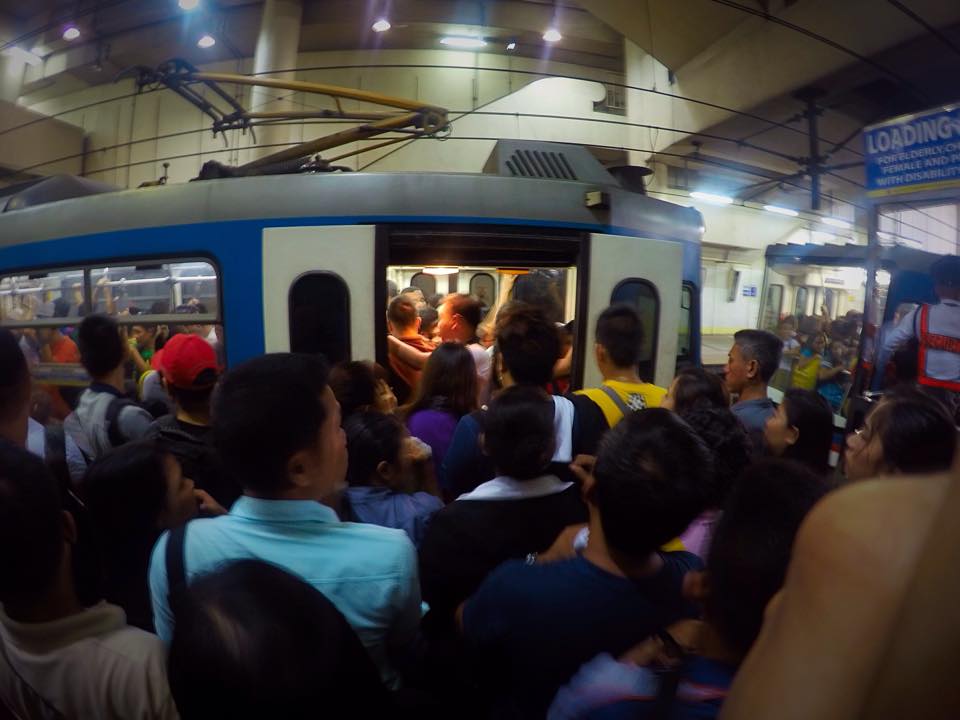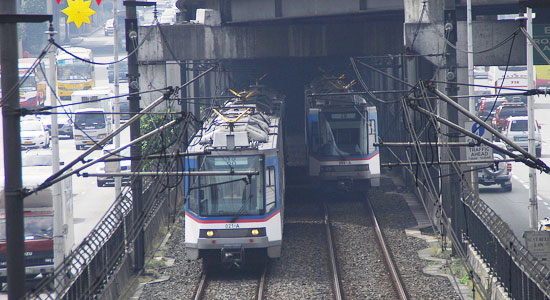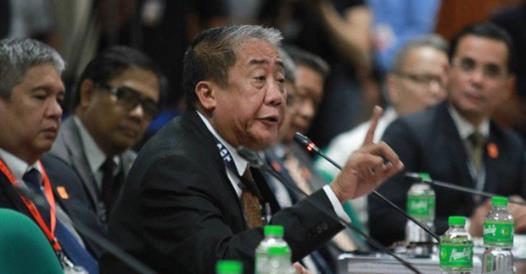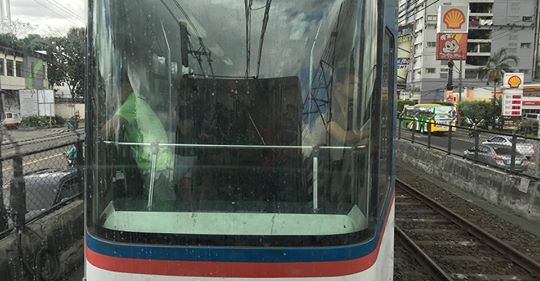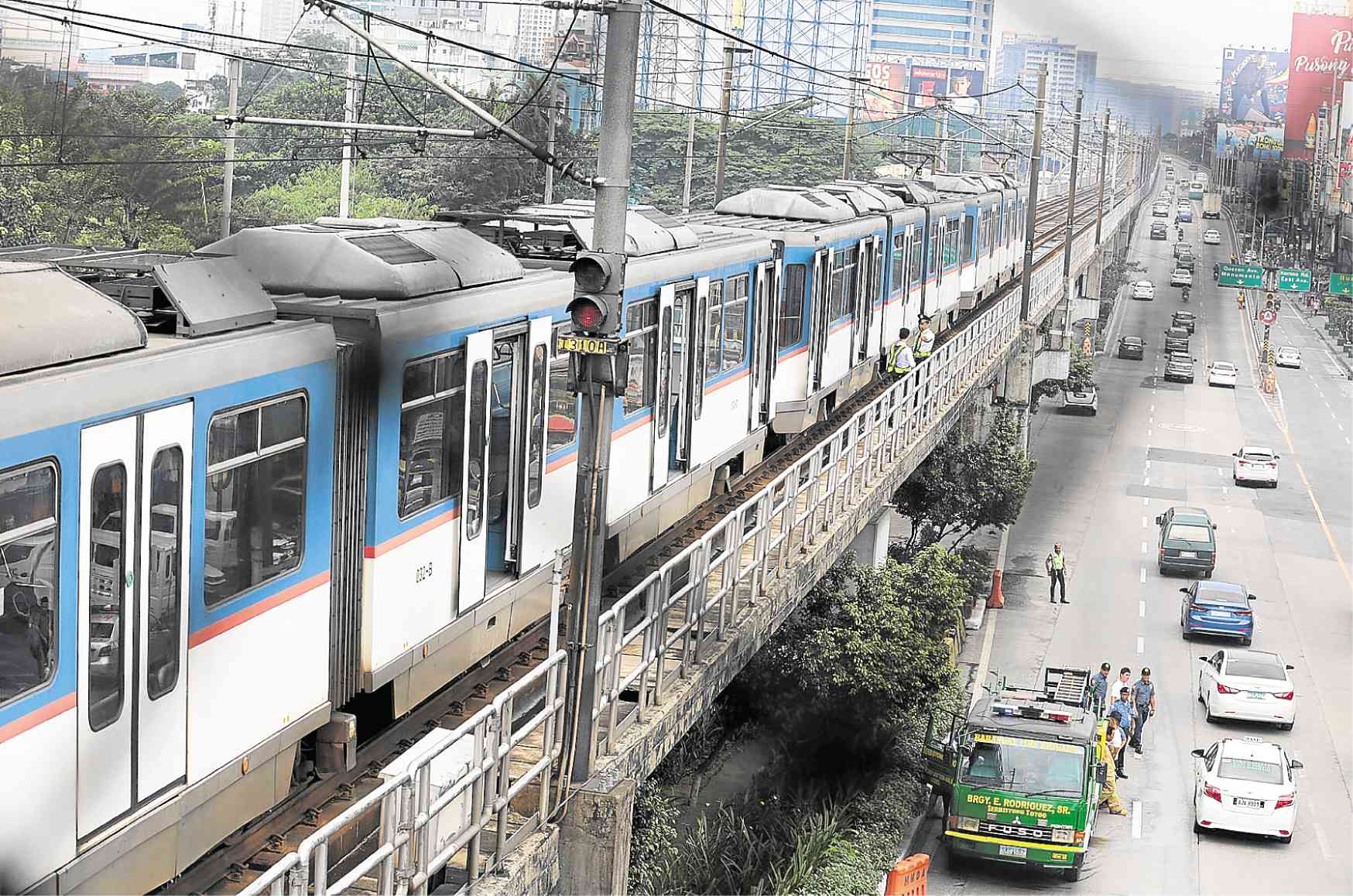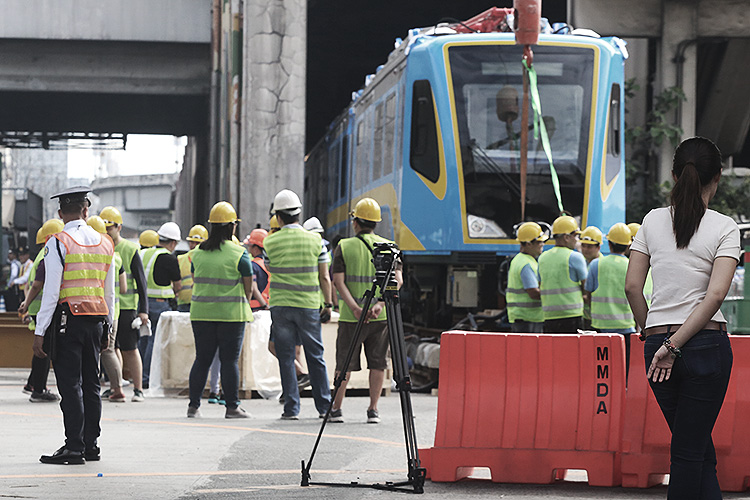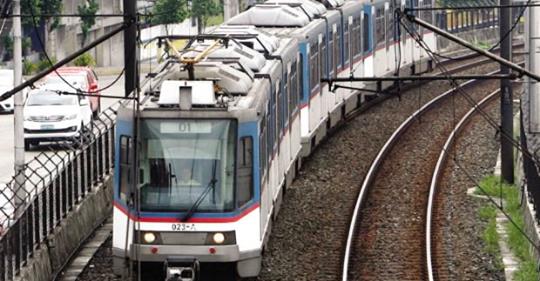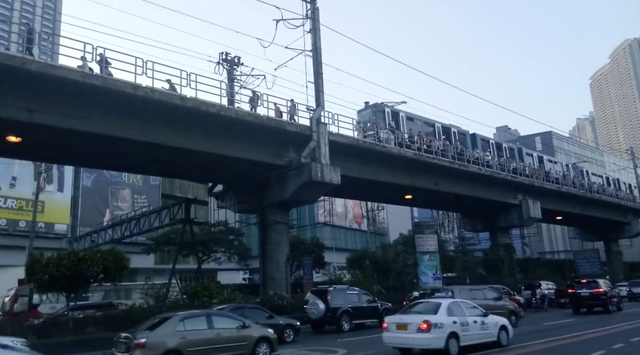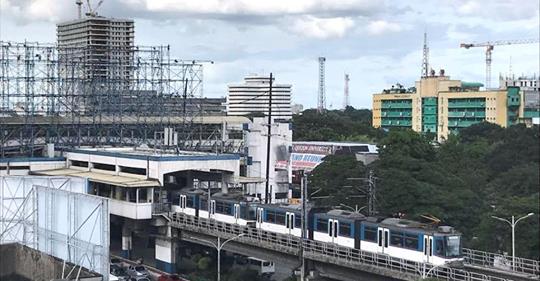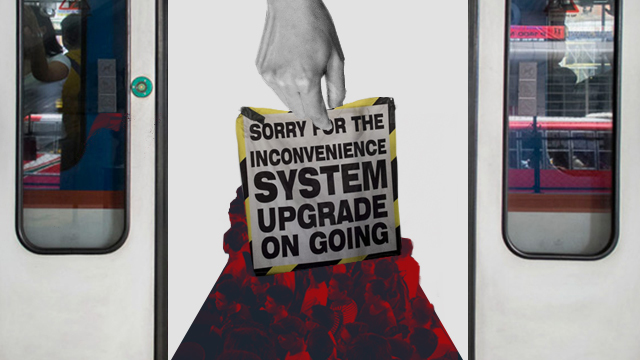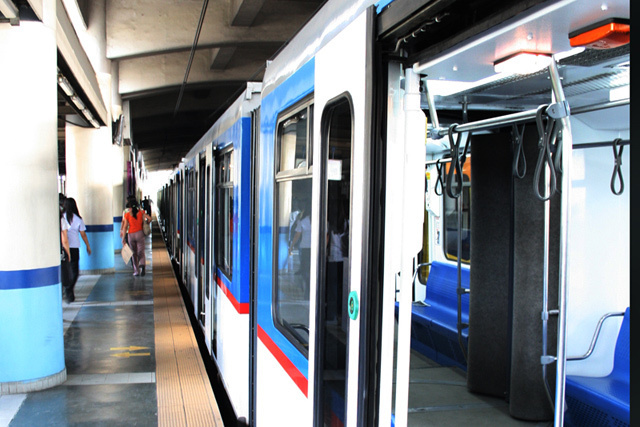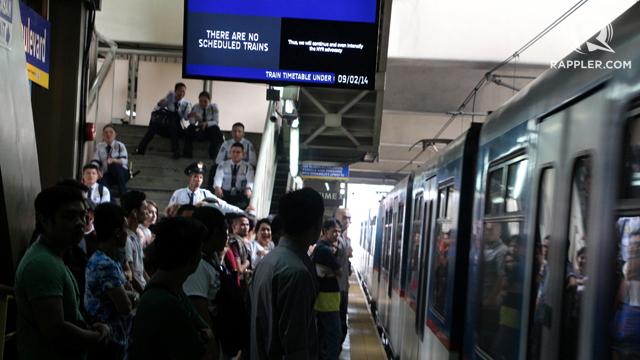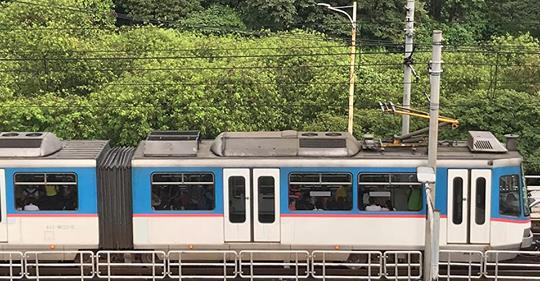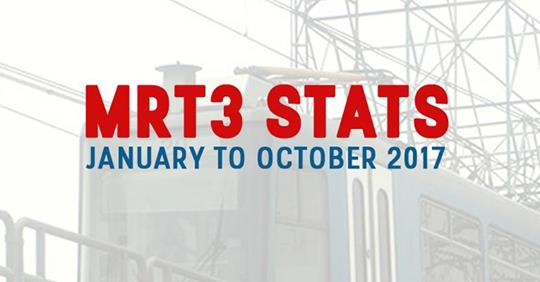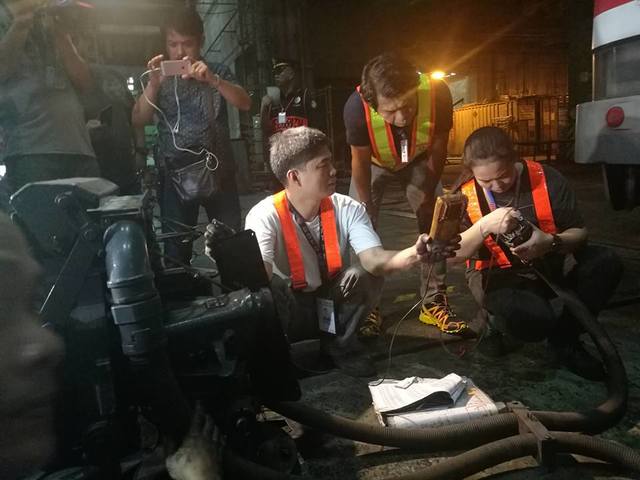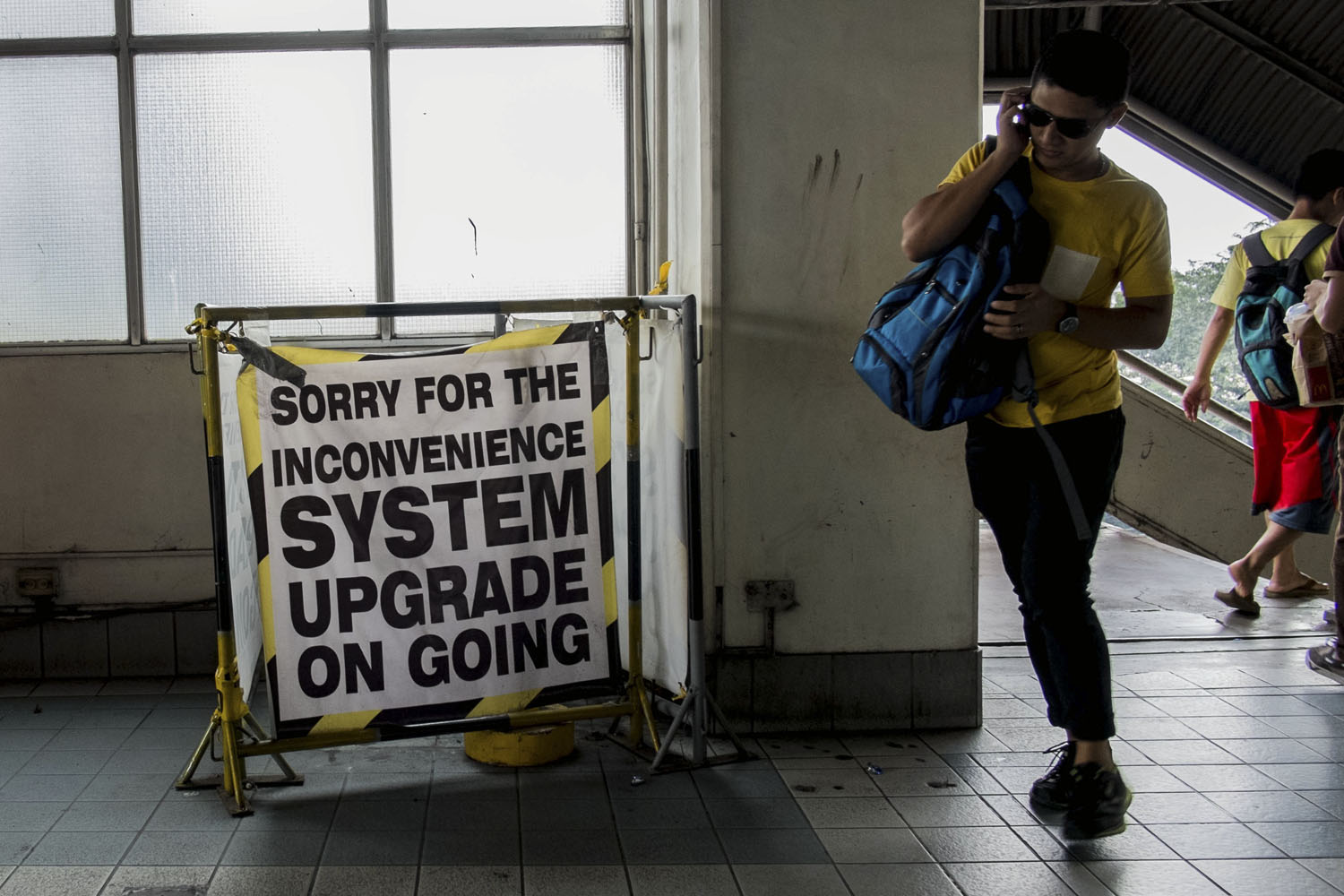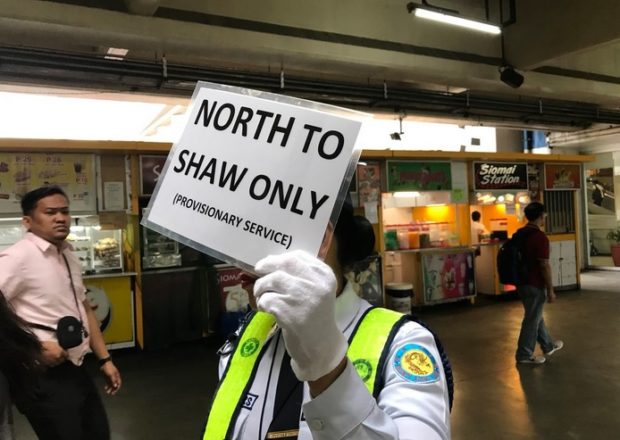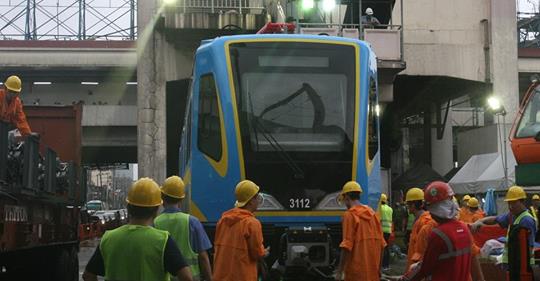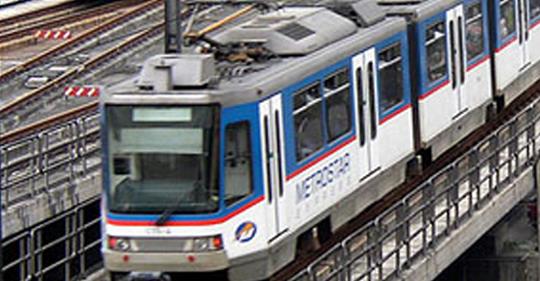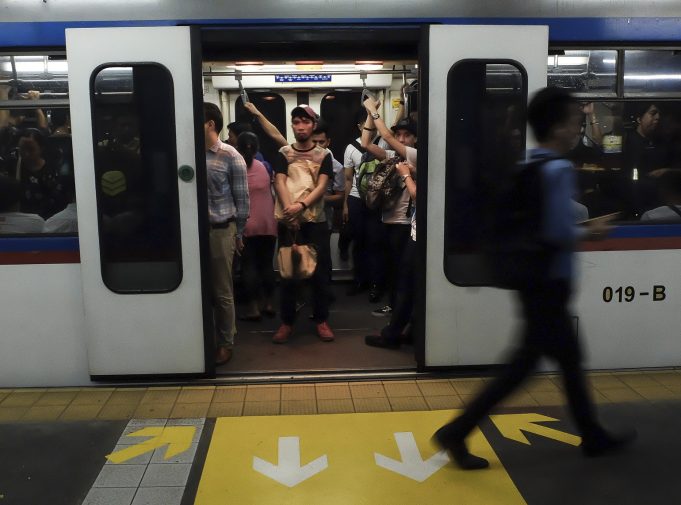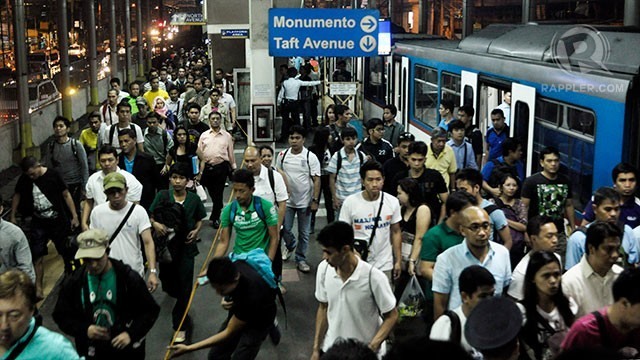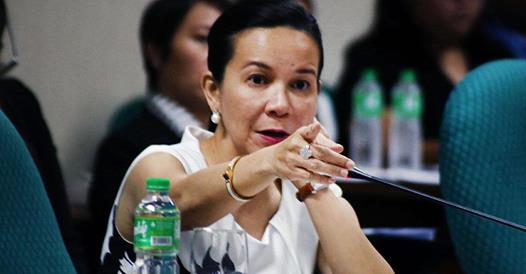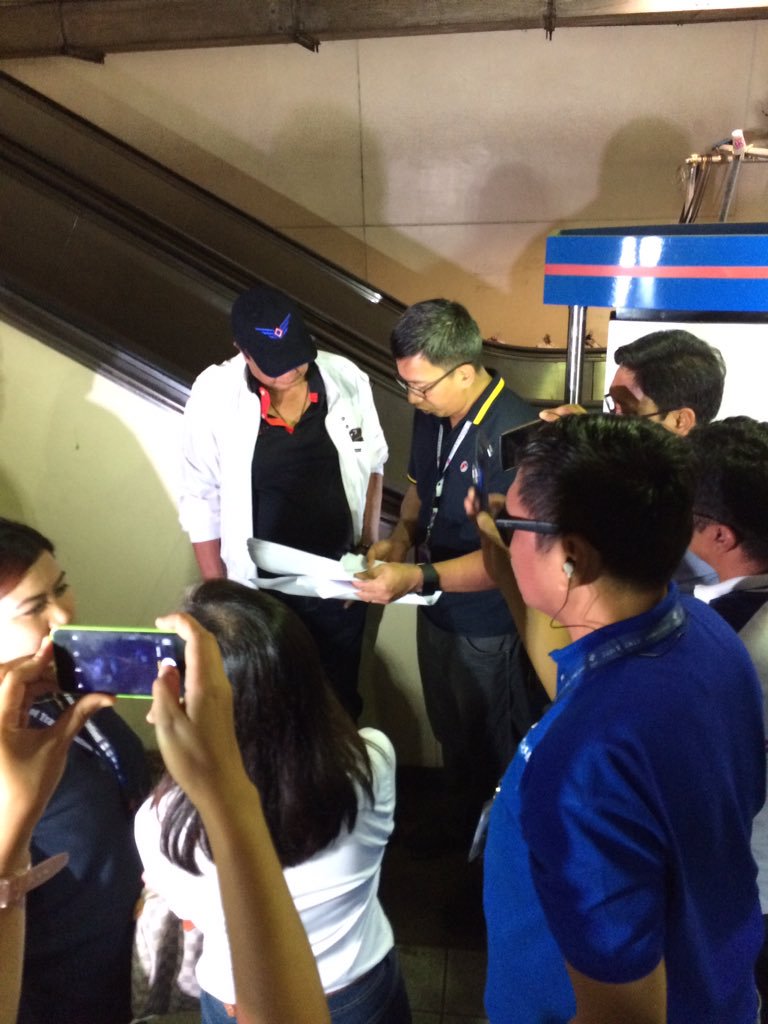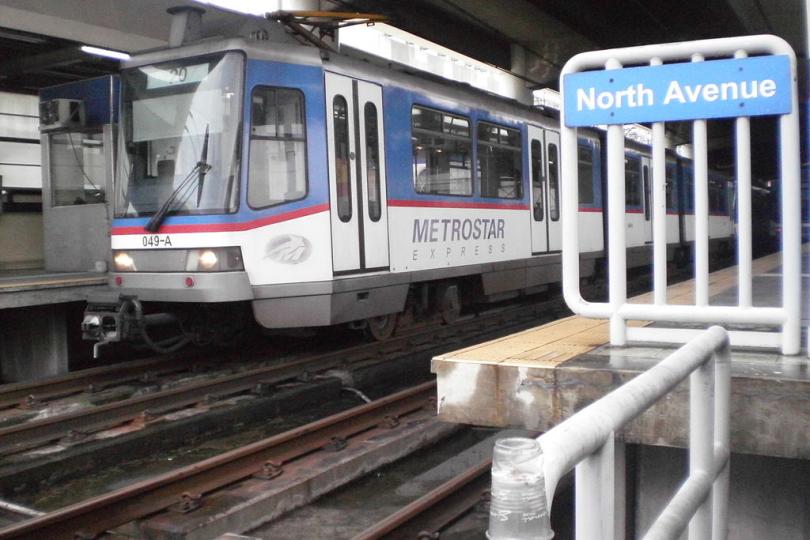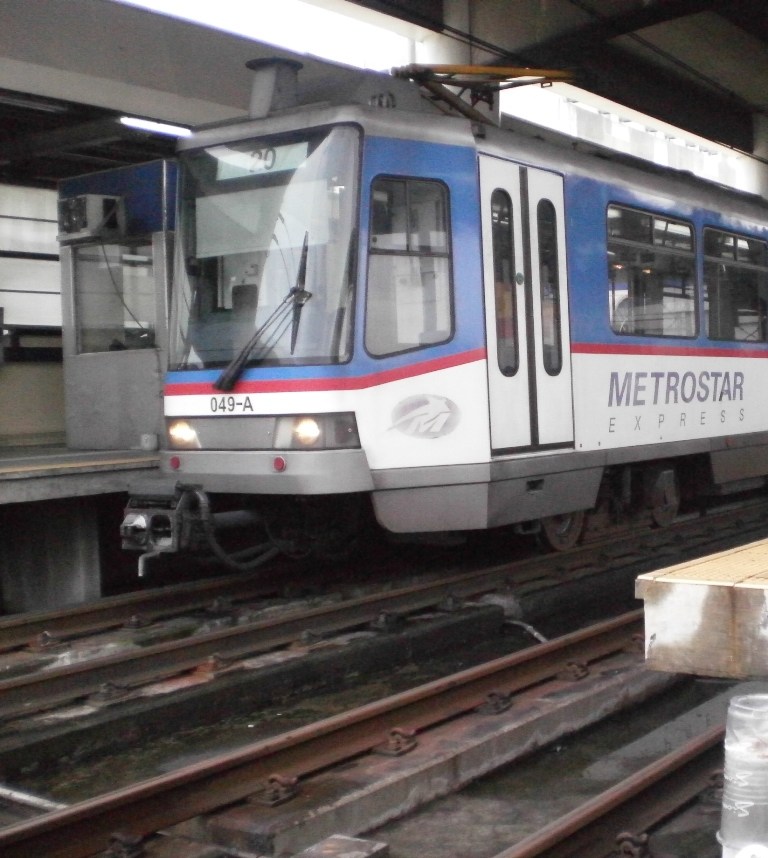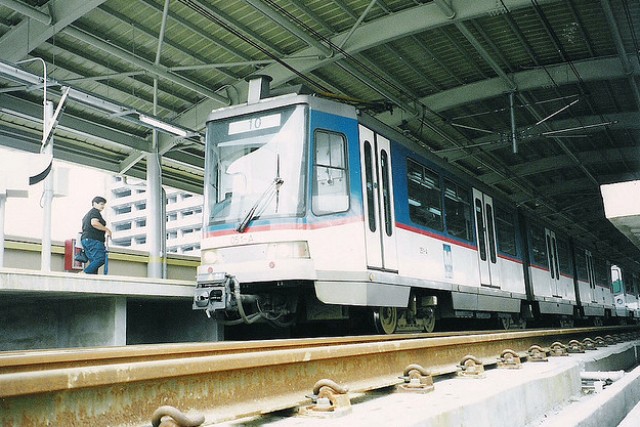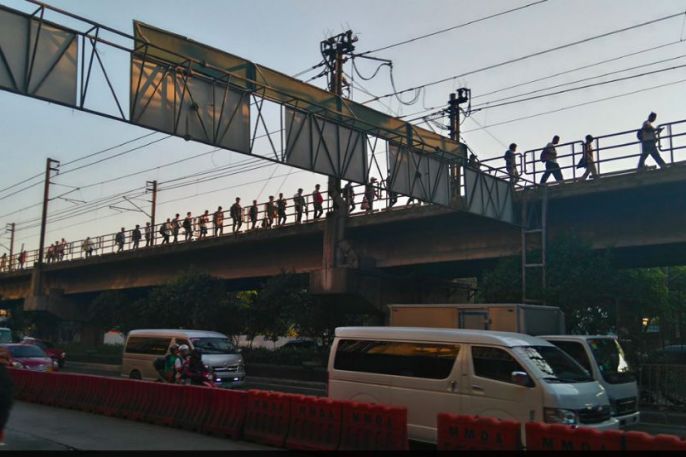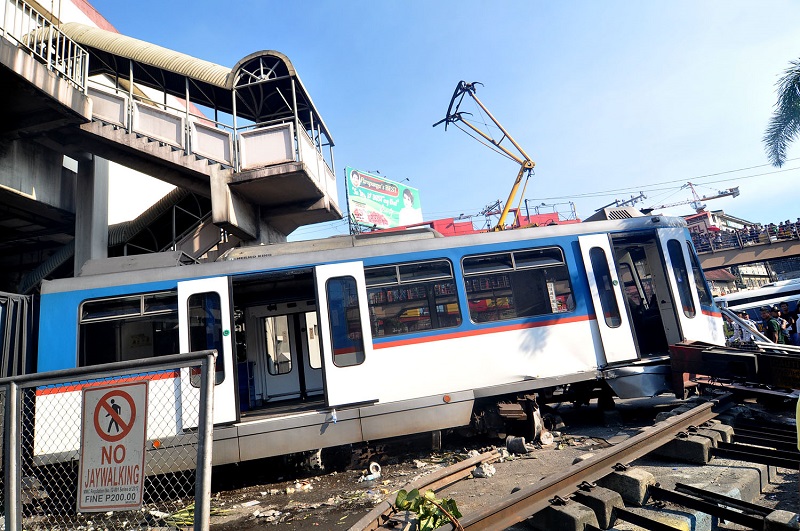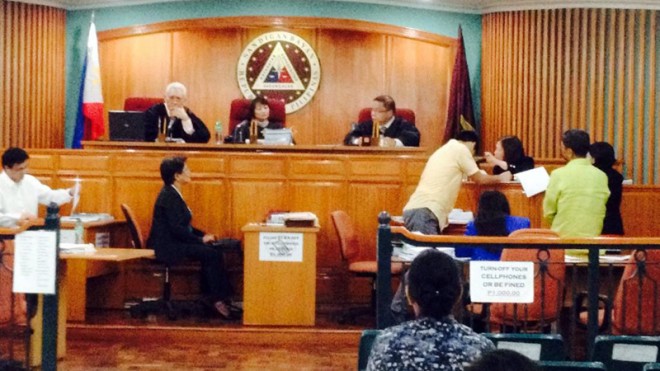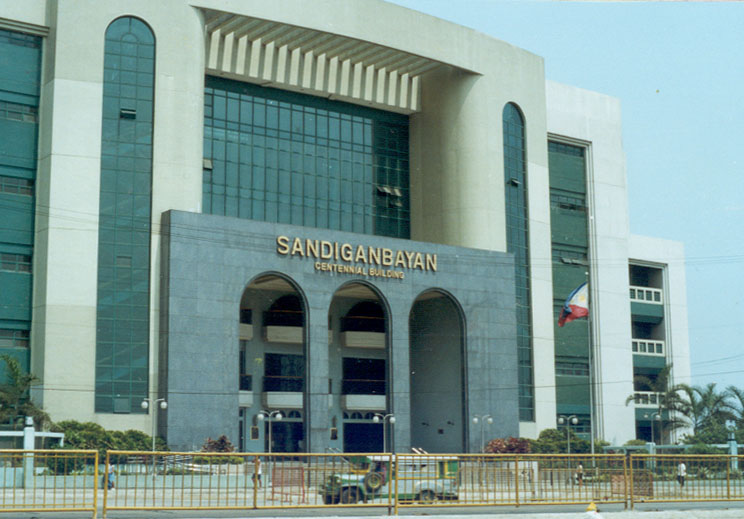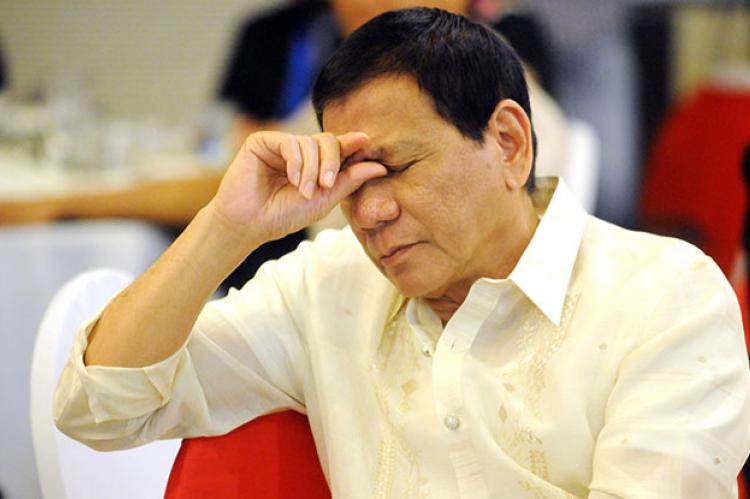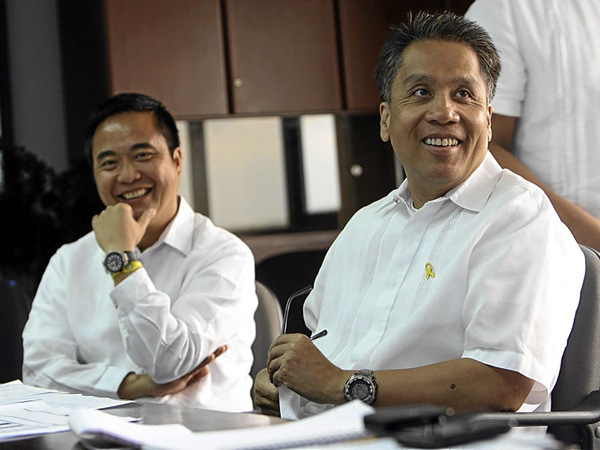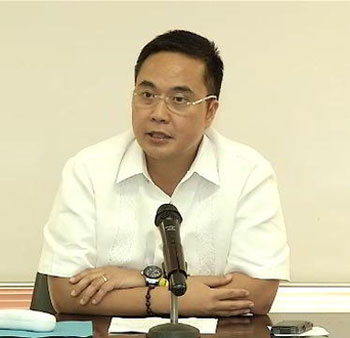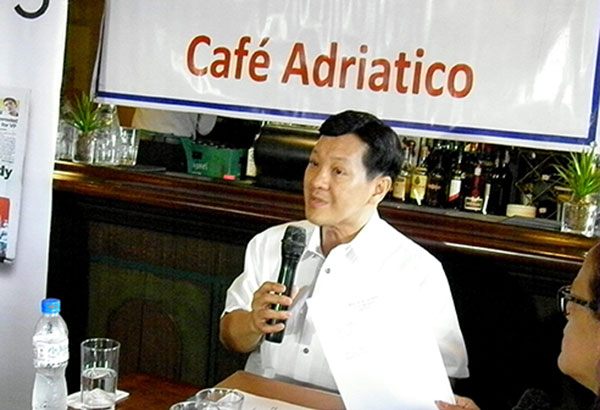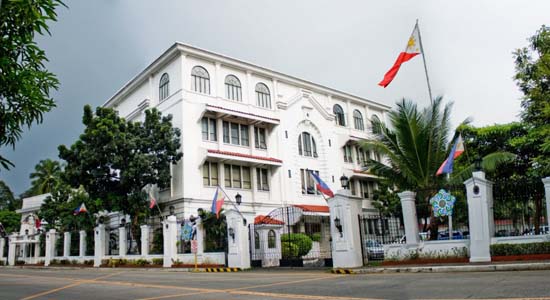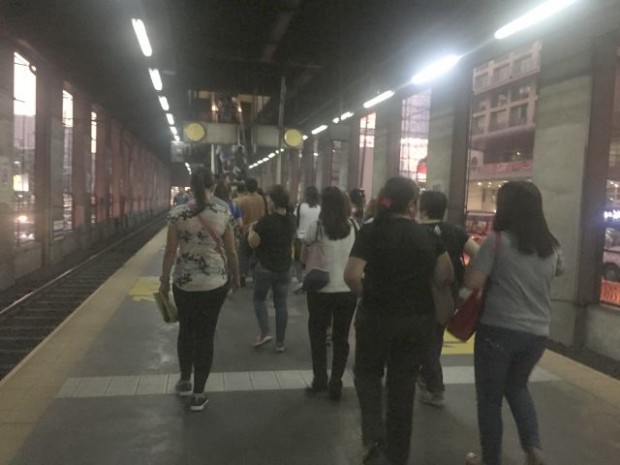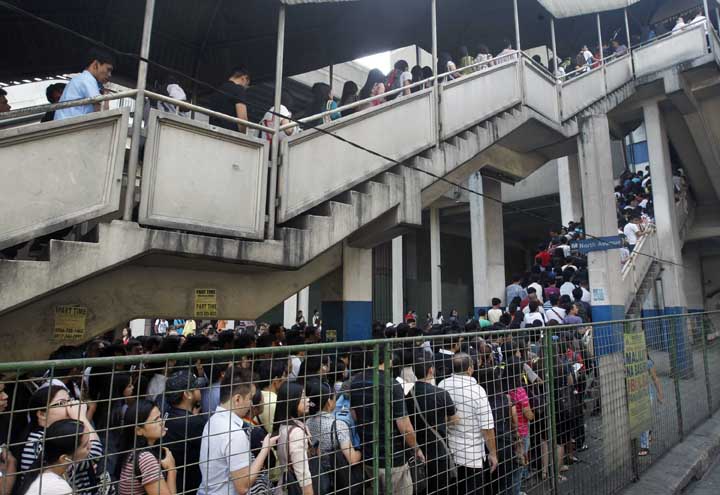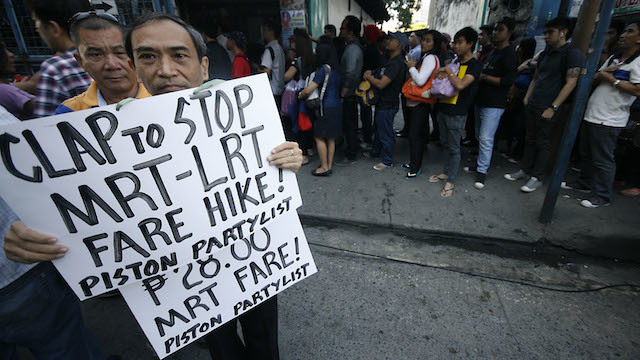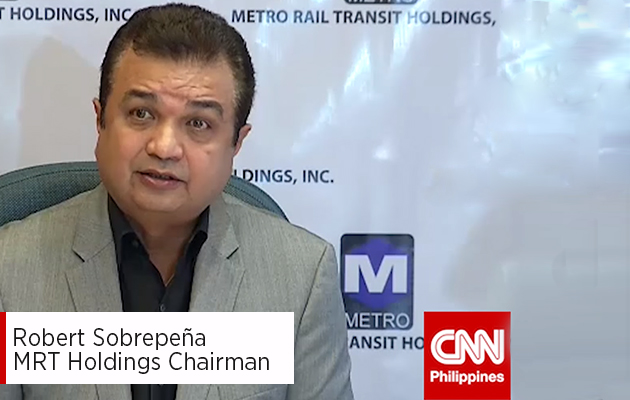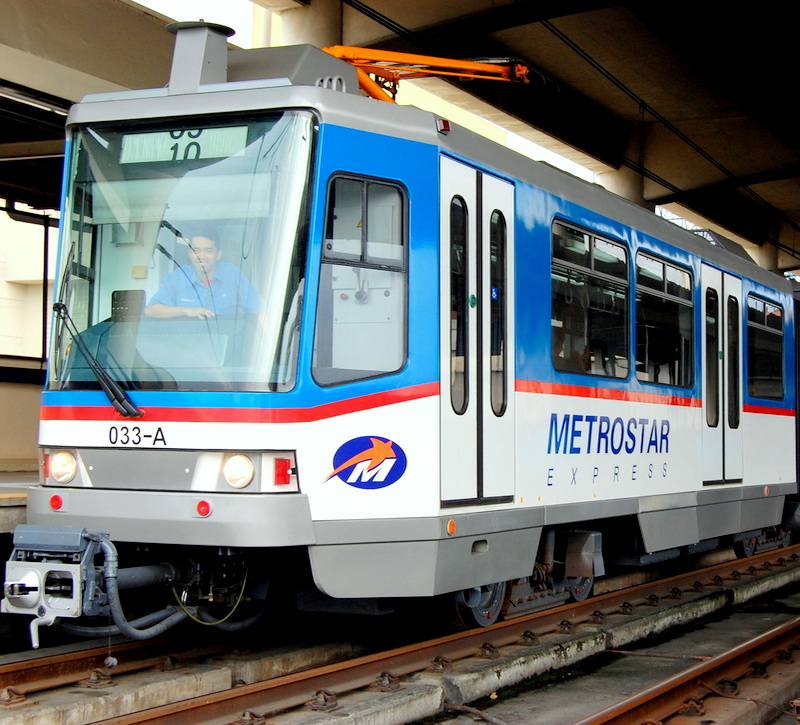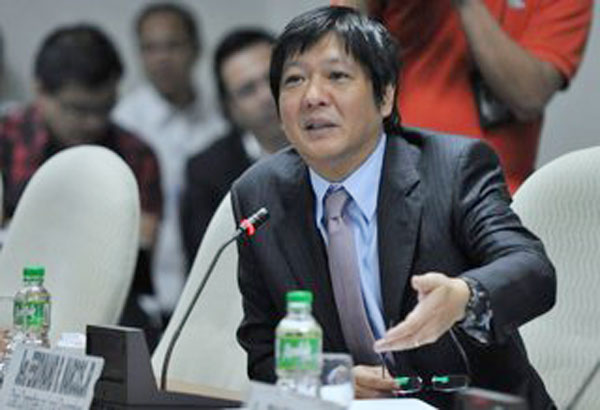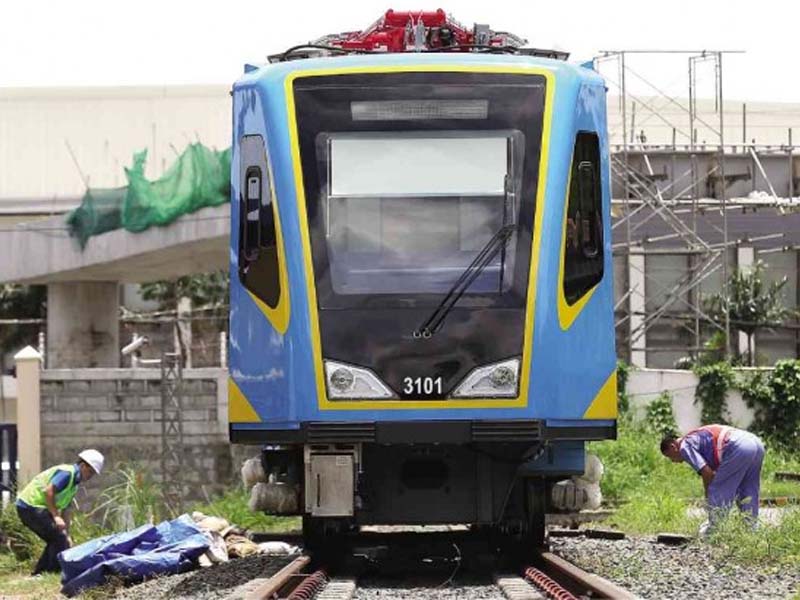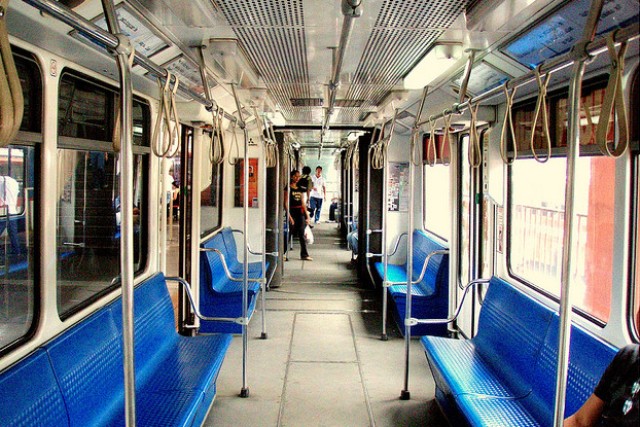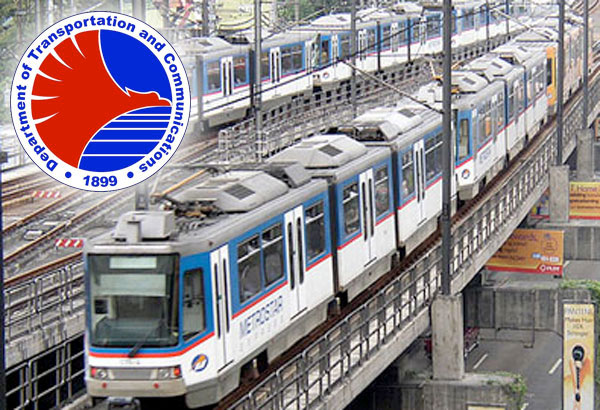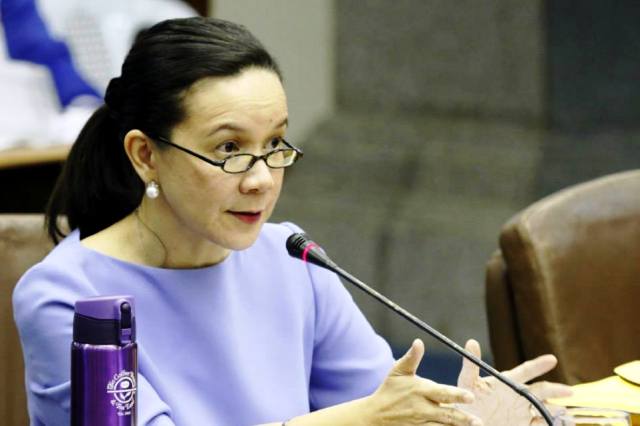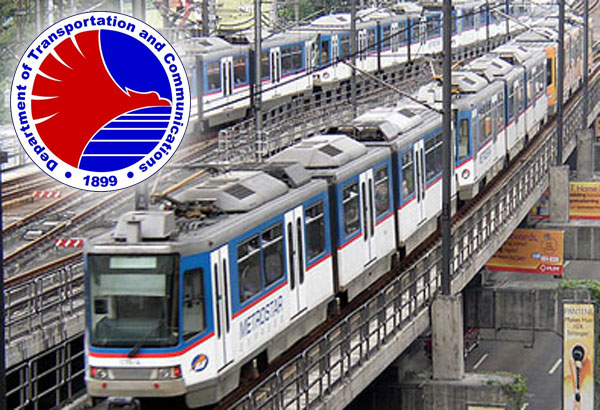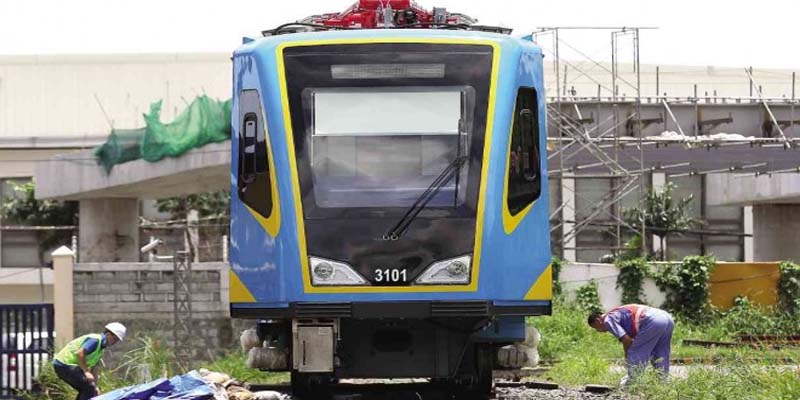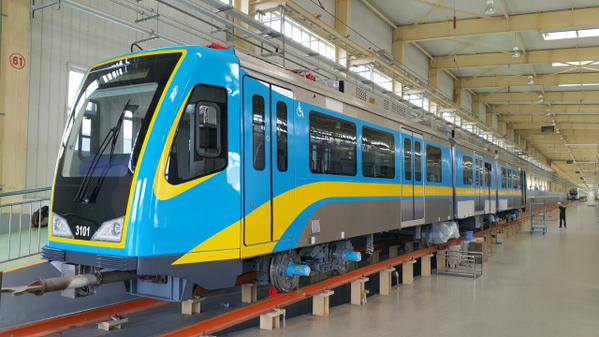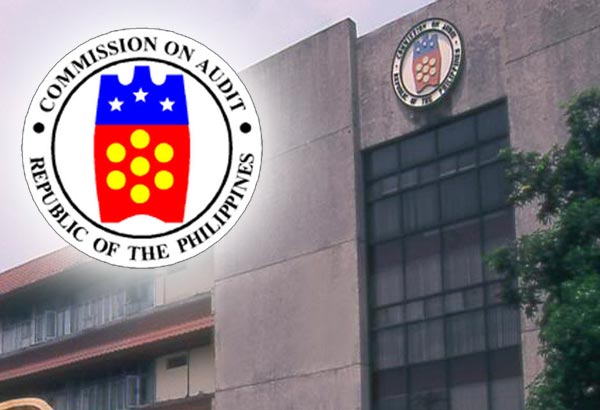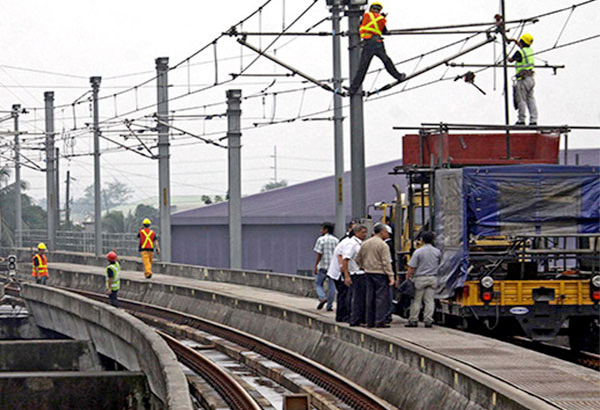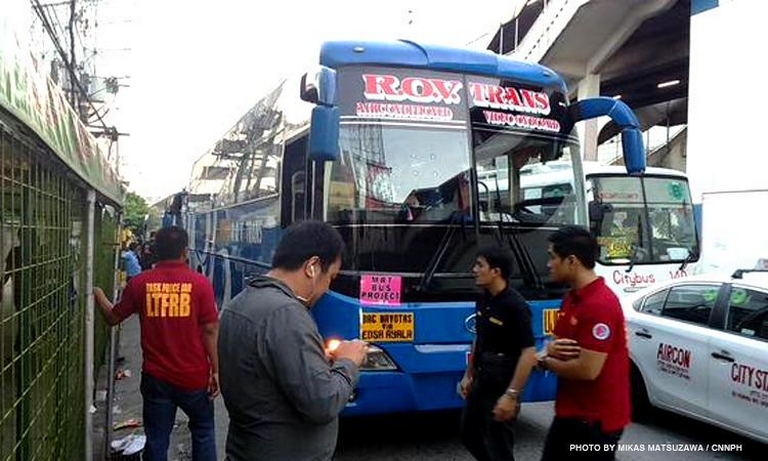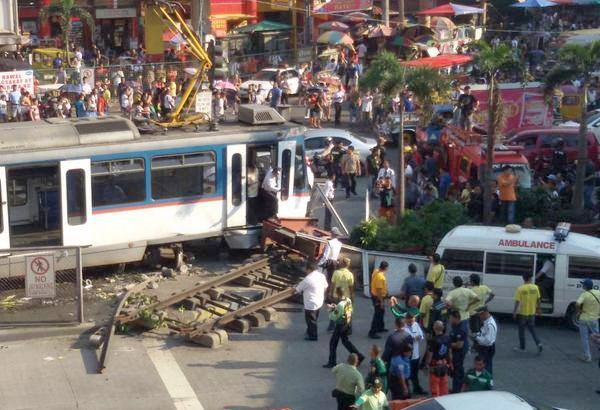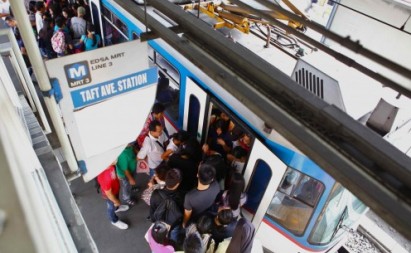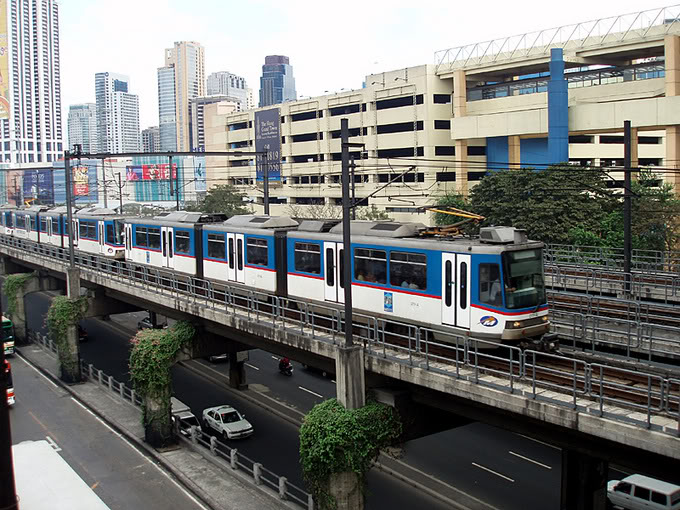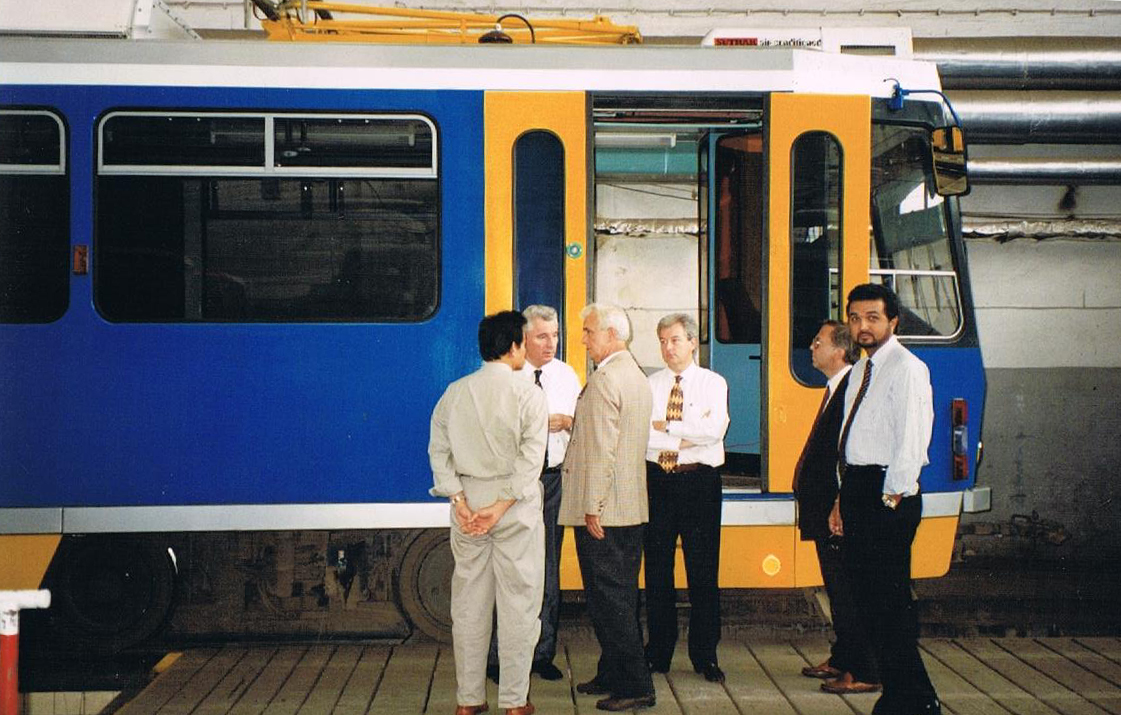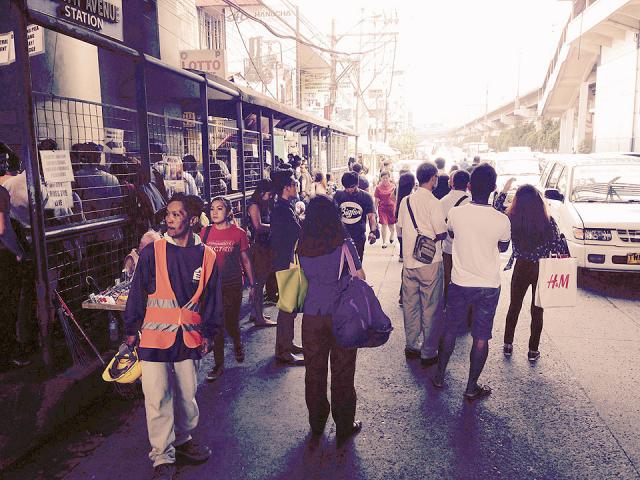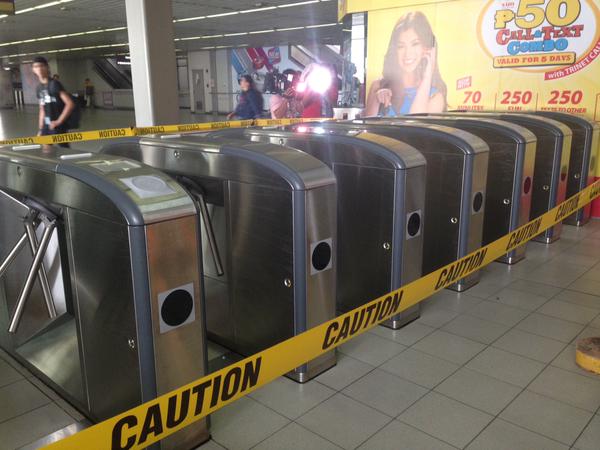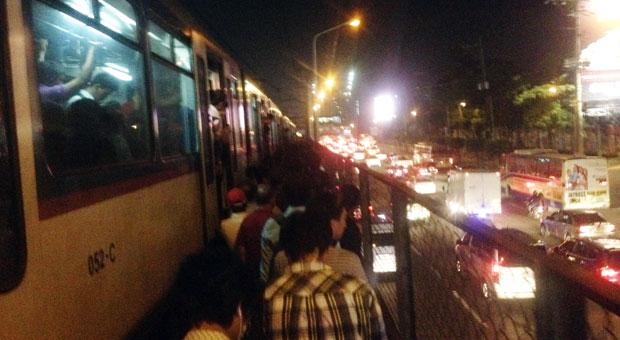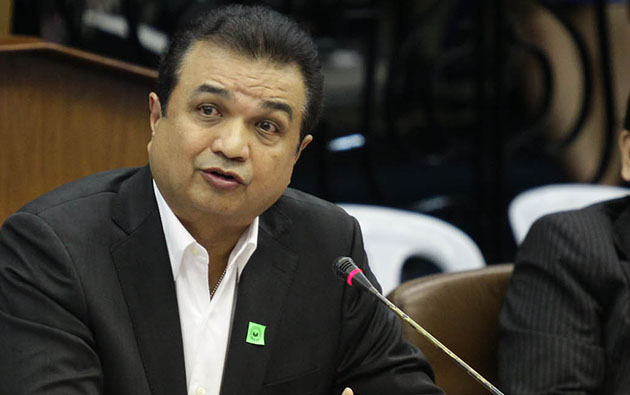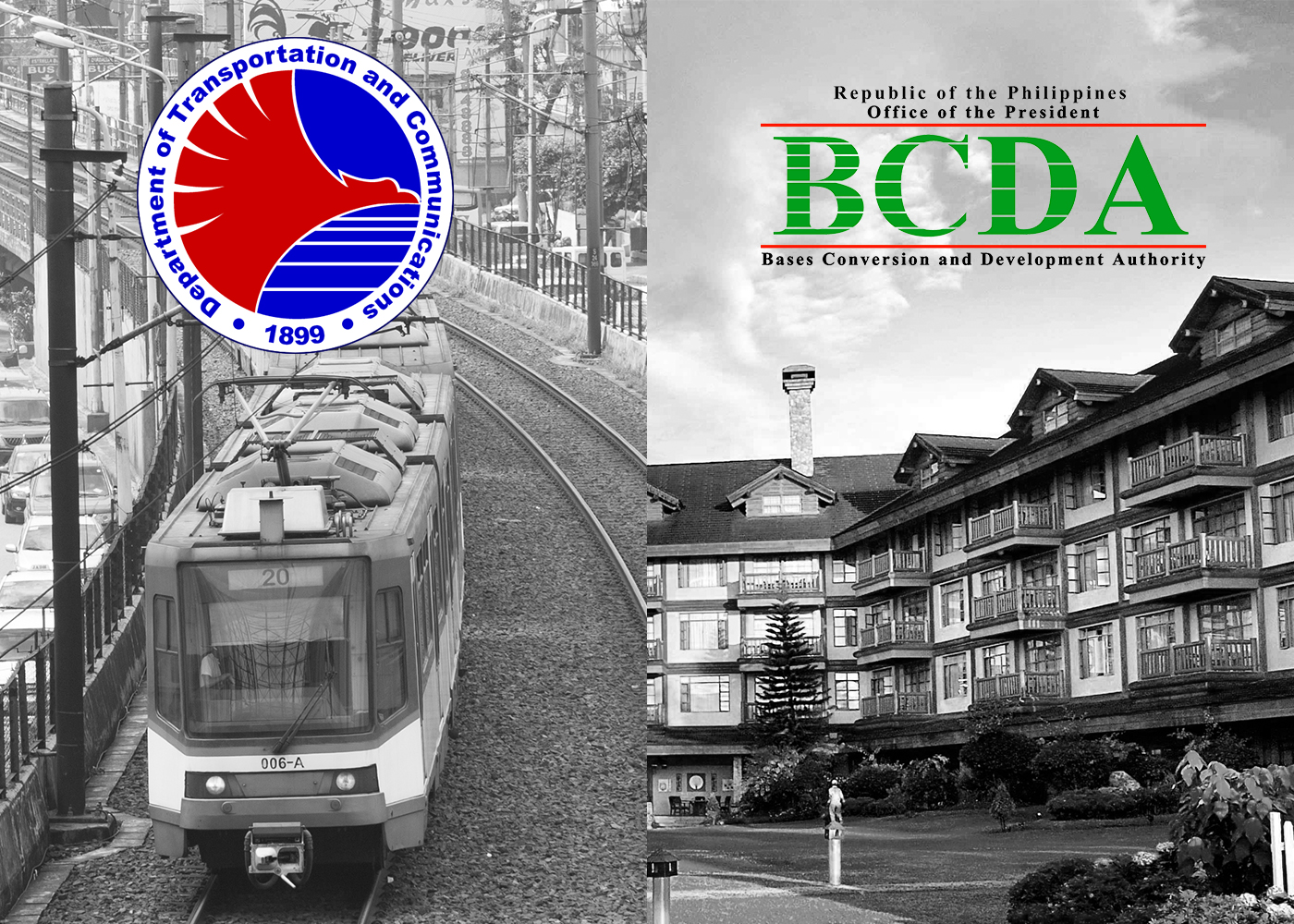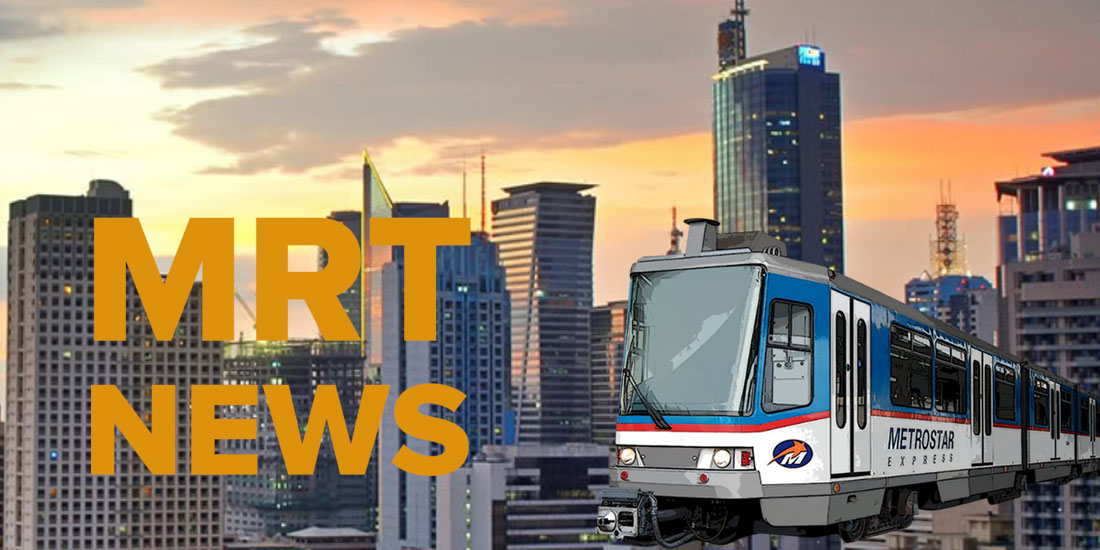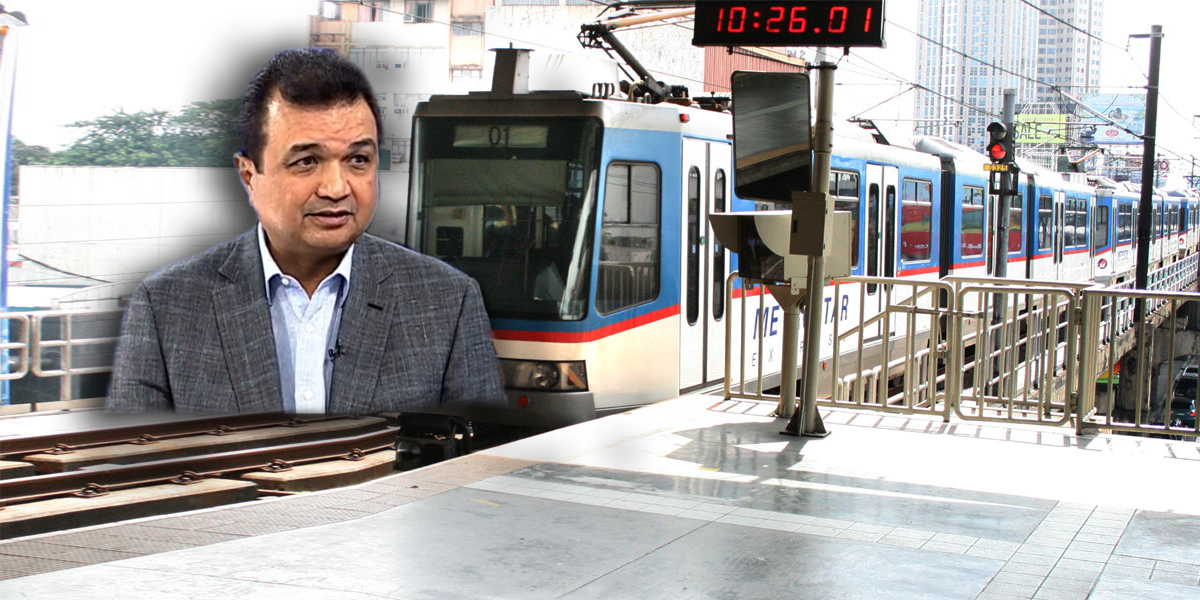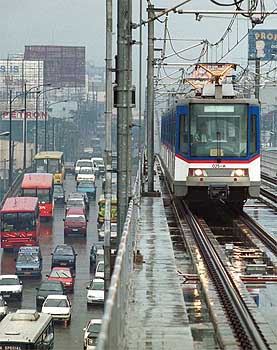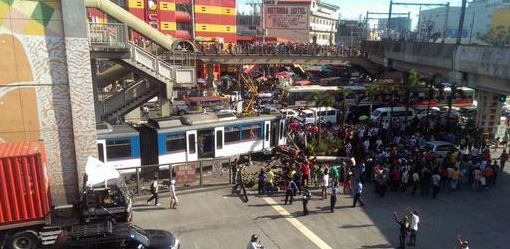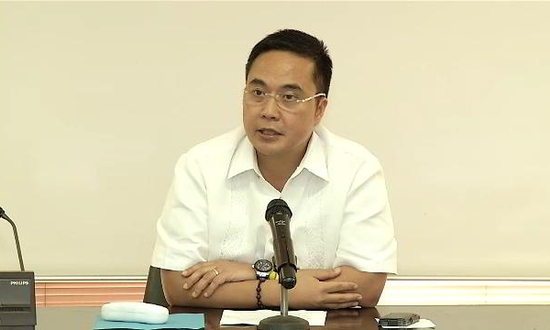By Alex Magno (FIRST PERSON) | The Philippine Star | June 5, 2014
Earlier this week, the MRT services were interrupted by electrical failure, consternating passengers. This is the nth time some failure or another disrupted rail services on this line. The latest breakdown underscores questions about the maintenance contract awarded by the DOTC.
MRT’s management blames lightning for the train stoppage — although no one seems to remember a thunderstorm in progress when the incident happened. This echoes the Aquino administration’s blaming Typhoon Yolanda for the dramatic slowdown of the national economy for the first quarter.
Perhaps next time they will blame a melting iceberg for temperatures at NAIA hitting boiling point. The excuses become more contrived by the day.
The more likely explanation for the latest MRT breakdown is poor maintenance. This leads us back to the questionable maintenance contract awarded by the DOTC to firms distinctive only for their utter lack of track record and capability for fulfilling their end of the bargain.
MRT general manager Al Vitangcol, who once said that the maintenance issues are not his responsibility, has been sacked. He was sacked precisely because of the questionable maintenance contract entered into. Vitangcol’s defense, of course, is that it was the DOTC and not his office that awarded the contract.
The DOTC, for its part, has done nothing to settle the many questions about the maintenance contracts it signed for the now truly decrepit MRT. Instead, it entered into other doubtful contracts that raise more questions.
SM this week filed suit against the contract for the LRT1 line extension that included the “common station” astride the Trinoma Mall in Quezon City. Why the DOTC bundled the “common station” contract, subject of an earlier agreement between SM and government, into the Bacoor rail extension raises troubling questions.
What is it about the DOTC gang in charge of bids and awards that every deal they conclude becomes the subject of controversy?
Recall the awarding of contracts for the Cebu and Palawan airports. There are a host of unsettled issues here, some of them ending up in litigation.
Bidding and award of contracts, even under the procurement act, ought to be routine procedures. Yet the DOTC bids and awards committee manages to inject unwarranted issues, politicize the process and adopt bizarre requirements that lead every award to controversy.
Exclusion
Representative of the DOTC bids and award committee’s bungling, bad faith and sheer incompetence is the effort to award the LTO information technology contract.
The 10-year contract of current service provider Stradcom expired April 2013. Since then, a number of failed biddings were held. Bidders stayed away because the terms appeared unattractive — and Stradcom complained there were unnecessary conditions put in by the DOTC intended solely to exclude the existing service provider.
Since its contract expired over a year ago, Stradcom continued providing IT services to the LTO — even as, despite several court rulings, government continues to withhold about P2 billion of Stradcom’s share of the revenue.
Last March, the DOTC drastically brought down the value of the contract from P8.2 billion to only P3.44 billion. The slashing of the value of the contract was obviously intended to attract new bidders to take over Stradcom’s role.
Shortly thereafter, private citizen Salvador Belaro went to court questioning the drastic reduction in contract price, the change in project scope and the DOTC’s use of “recycled” government approvals. The court granted Belaro a 20-day TRO while it considers the issues raised by the petitioner.
Immediately after this particular TRO expired, but before the court could rule on the issues the petitioner raises, the DOTC chose to schedule biddings on the LTO contracts. The issues include a substantial redefinition of what the project really is about. Normally, agencies grant the court some amount of courtesy by postponing action until the judiciary resolves the issues raised by petitioners.
Since the DOTC chooses to proceed ahead of the court’s resolution of the issues, throwing all prudence to the wind, the bidding process will be vulnerable to further legal questions. The same imprudence caused several other contracts awarded by the DOTC to be mired in court cases.
This latest bidding attempt on the so-called “DOTC road transportation IT infrastructure project” includes unwarranted specifications inserted obviously to disqualify present IT provider Stradcom.
The present bid terms specifically requires “a server-based package which is existing and being used outside the Philippines.” Other countries have different policy environments. The Stradcom software, specifically excluded by the present technical requirements, has been satisfactorily in use for a decade. The DOTC-required foreign software would require a lot of customization and probably incur hitches that would inconvenience tens of thousands of Filipinos availing of LTO services.
A new bidding exercise might not even be necessary. Stradcom offers the DOTC an additional investment of P2 billion to upgrade the existing IT infrastructure to widen services, including online transactions, mobile ticketing and biometric verification for drug tests. In addition, Stradcom offers government a yearly revenue share of P200 million over ten years on a renewed contract.
Since Stradcom started its partnership with the LTO, the improved IT systems made the LTO the highest revenue-earning agency. From a mere P2 billion annual revenues before computerization, the LTO now makes P15 billion yearly.
Because of unwarranted requirements specifically designed to exclude Stradcom, the existing (but unpaid) IT partner did not participate in the current round of bidding.
Instead of continuing with an efficient (and profitable) IT partnership, the DOTC now wants to risk everything with untested software. Why the DOTC chooses to do this is the question of the day.
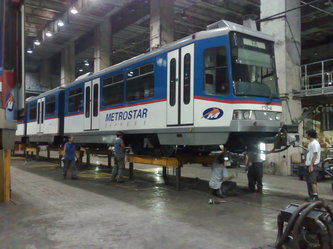
 Twitter
Twitter Facebook
Facebook